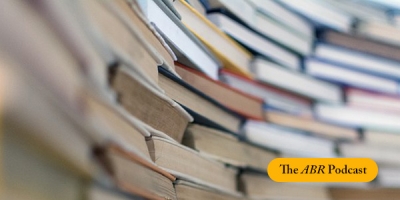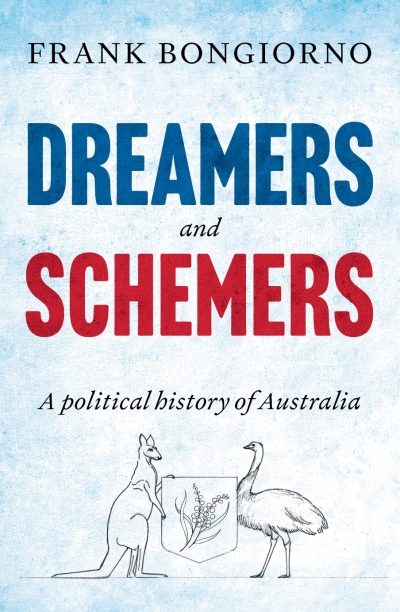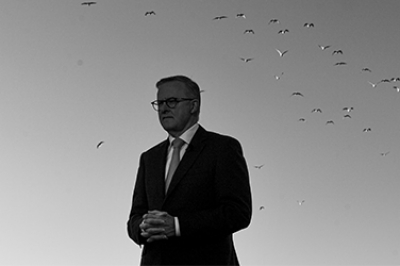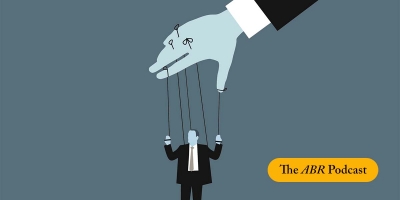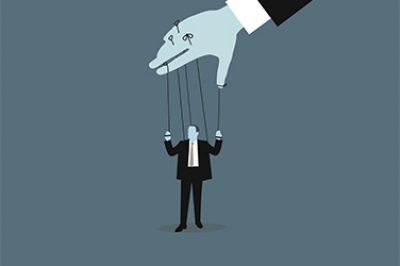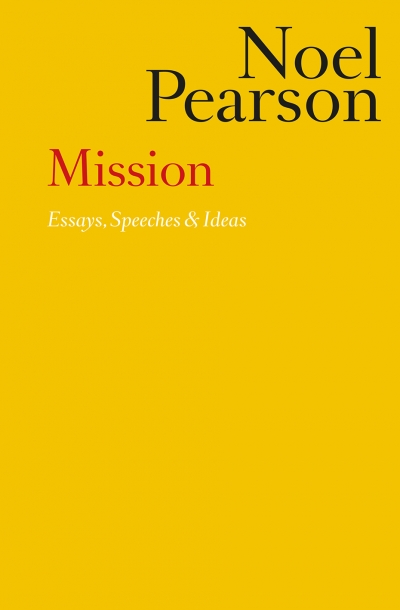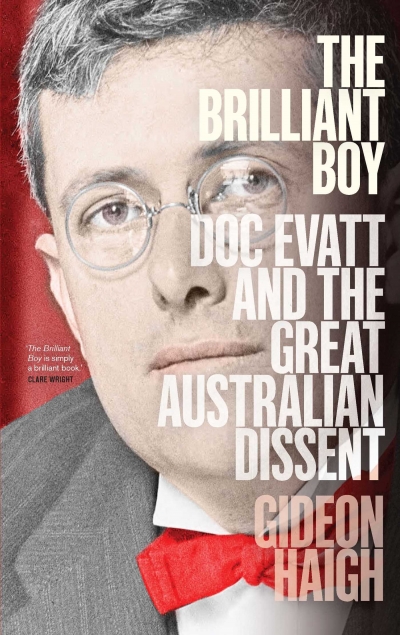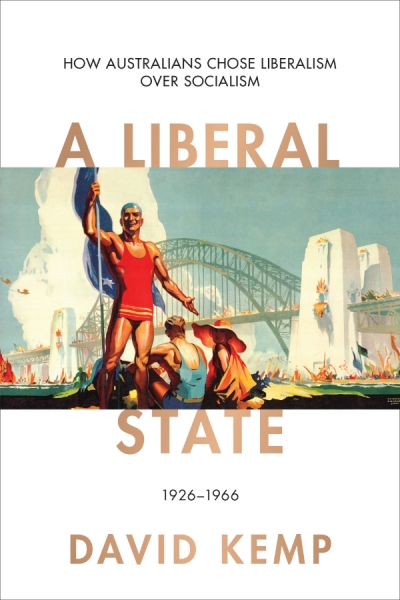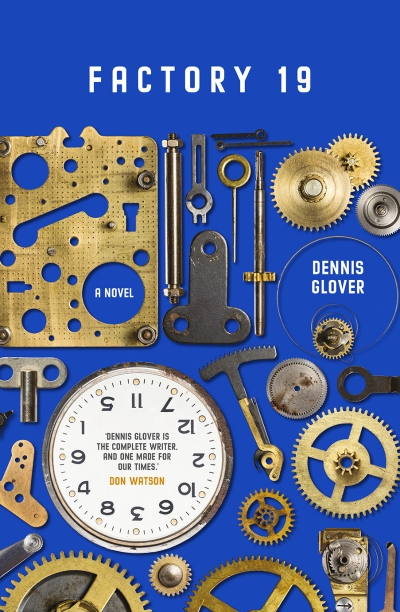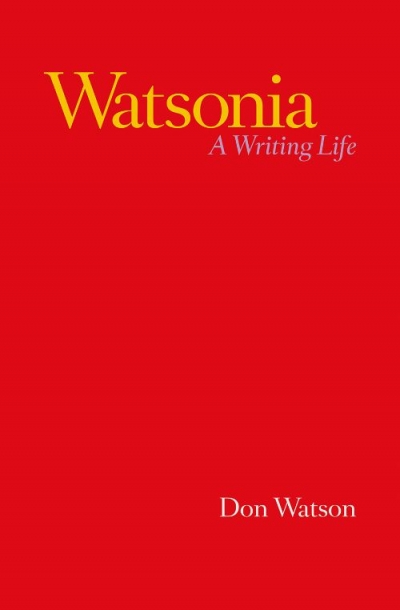Frank Bongiorno
This week’s episode of the ABR podcast is devoted to the Books of the Year. With ABR Editor Peter Rose, critic and writer Beejay Silcox and historian Frank Bongiorno discuss the books that stirred them most in 2022. This follows a Books of the Year feature in the December issue of ABR, with contributions from thirty-six writers and critics. Listen to Peter Rose, Beejay Silcox and Frank Bongiorno discuss the best books of 2022.
... (read more)Dreamers and Schemers: A political history of Australia by Frank Bongiorno
Following the recent federal election, we invited several senior contributors and commentators to nominate one key policy, direction, or reform they hope the Albanese government will pursue.
... (read more)When Scott Morrison called the federal election in early April, he did so on an apologetic note: ‘I get it that people are tired of politics.’ This was a predictable gesture from the prime minister: his term has been marked by a series of controversies that have raised many questions about his capacity to lead on some of the country’s most pressing issues, though relatively few about his skill in internal party politics.
... (read more)Earlier this year, Ray Hadley was interviewing Scott Morrison on 2GB when the subject turned to the internal preselection battles of the Liberal Party in New South Wales. ‘And so it’s time for those who, you know, don’t do this for a living, to really allow those who really need to get on for the sake of the Australian people here,’ Morrison declared, none too coherently.
... (read more)
